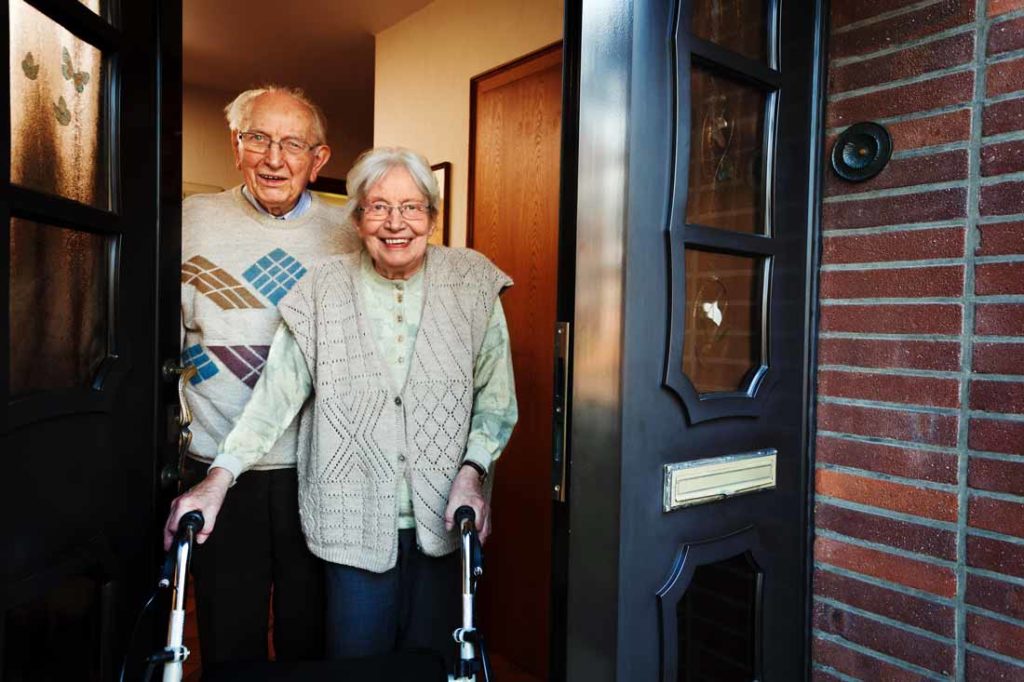Start with answering key questions
It’s a good idea to start with a brief summary of your relative’s situation, considering:
- What sort of support do they need?
- How urgently is the support needed?
- How much support do they currently have from family, friends and neighbours?
- How much time and involvement can family/friends provide and commit to?
- How involved do they want to be in decisions about their care?
- How capable are they of making decisions about their own care?
- What are their expectations?
- Do they live on their own?
- Do they have a good network of family and friends around them or are they isolated or lonely?
- Is being independent important to them?
- How active are they?
- Are they aware of their surroundings?
- Do they find it easy to make new friends and try new activities?
- Are their health needs going to improve or deteriorate?
Care needs can change quickly, so it’s best to know what options are available.




